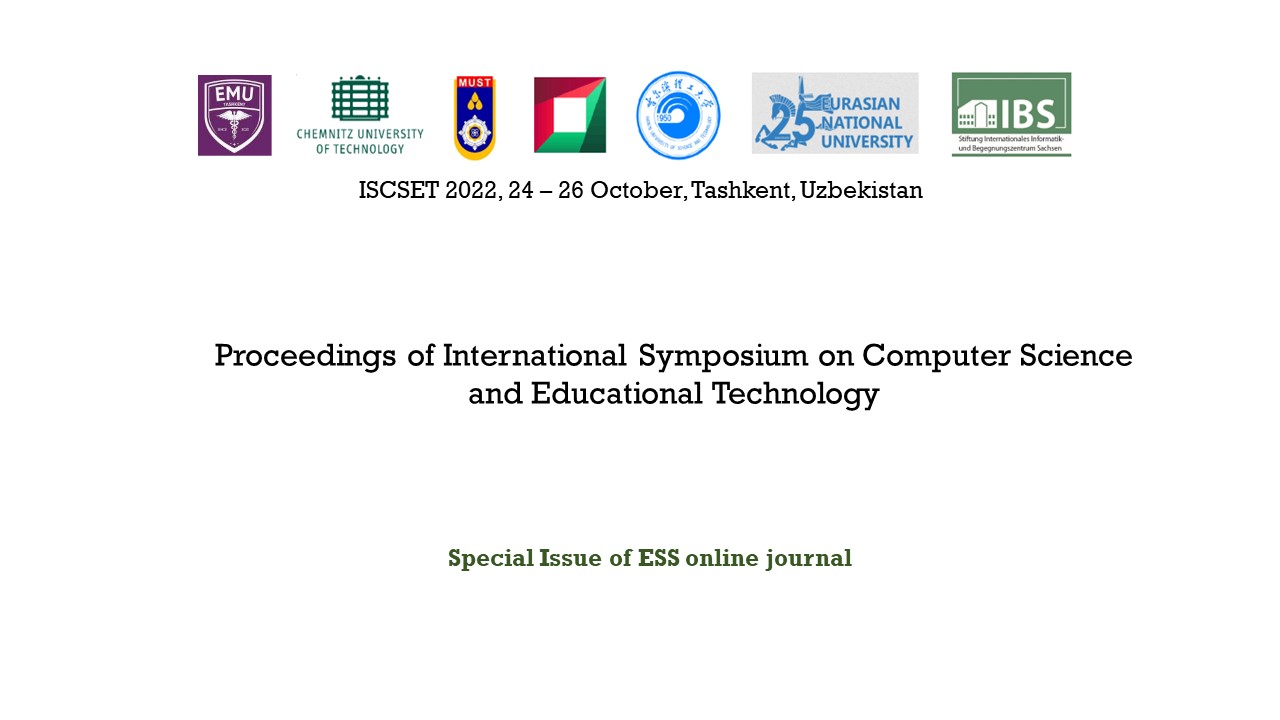Results of simulations of atmosphere-lake interactions using numerical model
DOI:
https://doi.org/10.14464/ess.v9i3.535Abstract
Lakes influence the regional atmosphere through modifying thermodynamic characteristics. This study examines the effects of the Baikal lake on meteorological parameters in summertime using the numerical model. Diurnal variations in the lakes’ impact on the atmosphere are found through changing the surface energy budget, which includes changes in sensible and latent heat fluxes. The changes in heat fluxes cause relatively lower surface temperature which leads to a shallow boundary layer over the lake surfaces. Greater heat capacity in water bodies compared to grasslands causes slower heating and cooling rates in the lakes. The amplitude of air temperature over the lake surfaces is smaller than that over the grasslands. Lakes promote diverging winds near the ground, furthermore, tend to stabilize the overlying atmosphere in the summertime.

Downloads
Published
Issue
Section
License
Copyright (c) 2022 Danaa Ganbat, Gantuya Ganbat

This work is licensed under a Creative Commons Attribution 4.0 International License.
Copyright for articles published in this journal is retained by the authors. The content is published under a Creative Commons Licence Attribution 4.0 International (CC BY 4.0). This permits use, distribution, and reproduction in any medium, provided the original work is properly cited, and is otherwise in compliance with the licence.


